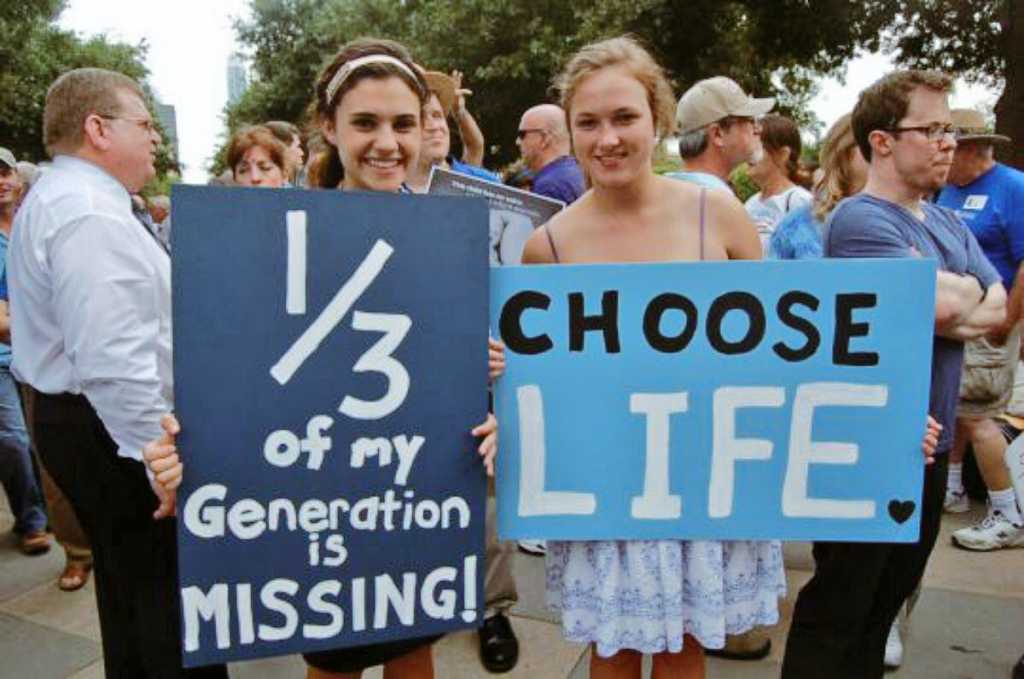Yale Professor Carlos Eire recently published a column in National Review addressing the importance of the upcoming abortion referendum in Ireland. Eire, who teaches History and Religious Studies at the Ivy League school, notes that while he spends most of his time studying various “turning points” throughout history, the debate surrounding the May 25 referendum has pulled his attention forward several centuries, to modern times.
In his piece, “Ireland Abortion Referendum On The Human Rights Of The Unborn,” Eire notes that there is very little middle ground when it comes to the topic of abortion.
“The key questions, even when not explicitly stated, are ‘When does human life begin?’ and ‘To what extent can any fetus can be considered a full human being, with rights equal to those of its mother?'” he writes.
He then points out that the topic of abortion can be discussed in countless ways but, like many other debates that concern human life and dignity (such as euthanasia and capital punishment), it comes down to one essential question:
“Is the ending of human life justifiable at any stage of development, under any circumstances?”
Liam Neeson Joins U2 to Back Repealing Ireland’s Abortion Law
Eire links the modern abortion debate to one of the most hotly contested topics in United States history: slavery. The division was so large and devastating that it lead to the Civil War.
Eire points out that similar to abortion, the debate surrounding slavery was mainly over a question of human rights. But unlike abortion, which is a debate over where life begins, the debate over slavery was about who deserved rights in general.
“In essence, those who defended slavery in the 19th century denied full rights to the slaves, just as those who defend abortion deny full rights to the fetus,” he notes.
In modern times, “most Americans, and most civilized peoples, consider it inconceivably evil for any human being to claim ownership of another’s life.”
During the 1800s, abolitionists received much hate and sometimes even physical harm due to their belief in human equality. They faced angry mobs, gag rules and legislation written against them. Frederick Douglass, an ex-slave and famous abolitionist, was brutally attacked in Boston in 1860 for his beliefs.
Eire suggests that today, those same abolitionists who were ridiculed and tormented would be praised as champions of human dignity. We would call them “true progressives and champions of human rights.”
John Calhoun, the seventh vice president of the United States, once stated that slavery was “a positive good.” Eire explains that Calhoun, along with his supporters, believed that anyone “who challenged slavery as troublemakers deserving to be silenced,” but, “In the end, the troublemakers won.”
“How did that happen?” Eire asks. “How were minds changed? How, in a culture’s consciousness, was slavery transformed from ‘a positive good’ to a monstrous evil?”
His answer:
“Through debate, through constant arguing, and through appealing for the full legal recognition of free speech and of the common rights that should be granted to all human beings. In the United States it took a war to finally end slavery in the southern states, but throughout the rest of North and South America it was debate, the constant exchange of ideas, that turned the tide against slavery, making its reprehensible nature impossible to deny.”
Tying this back to the modern abortion debate, Eire argues that like in the age of slavery, dialogue in Ireland is also being stifled to silence pro-life voices.
He points out that the interference of multinational groups has also raised concerns surrounding the debate, noting Google’s decision to pull all ads regarding the May 25 vote:
“Even worse, foreign multinational entities such as Google and Facebook have entered the fray by refusing to accept any advertising related to the May 25 referendum, pro or con, raising concerns about attempts to rig the vote in favor of those who want to repeal the Eighth Amendment. All such muffling of debate is intrinsically unhealthy for any democracy. It obstructs the advancement of human rights.”
Ed Sheeran Slaps Down Use of His Song ‘Small Bump’ for Pro-Life Cause in Irish Abortion Referendum
He then urges readers to remind themselves of the 19th century abolitionists this week, including a quote from Abraham Lincoln delivered to the 164th Ohio Regiment in 1864:
“‘There is more involved in this contest than is realized by every one,’ he said. ‘There is involved in this struggle the question whether your children and my children shall enjoy the privileges we have enjoyed.'”
It’s important to remember during this time that the abortion debate will not only affect Ireland now, but for decades to come.
(H/T: National Review)



